Tomato Ketchup Packing Machine - Chinese Manufacturer, Factory, Supplier
In the contemporary landscape of food processing, the exigency for streamlined and efficacious packaging methodologies remains paramount. Nowhere is this more evident than in the realm of viscous comestibles, where precision and throughput are critical determinants of operational success. The Tomato Ketchup Packing Machine emerges as a linchpin in this context, representing an apotheosis of automated engineering designed to address the unique challenges inherent in dispensing and sealing this ubiquitous condiment.
These sophisticated apparatuses, often employing intricate systems of volumetric pumps or servo-driven pistons, ensure a metered and consistent dispensation of ketchup into a variety of receptacle formats. From flexible sachets destined for single-use applications to rigid bottles intended for retail shelves, the versatility of the modern Tomato Ketchup Packing Machine is truly remarkable. The integration of advanced control systems allows for minute adjustments to fill volumes and sealing parameters, thereby minimizing product wastage and ensuring hermetic closure, a crucial factor in maintaining product integrity and extending shelf life.
The advent of specialized manufacturers, such as the china yuanlin Tomato Ketchup Packing Machine factory, has further propelled the sophistication and accessibility of this technology. These entities, often at the vanguard of innovation, produce a diverse range of machines tailored to meet the specific demands of various production scales and budgetary constraints. Their engineering prowess contributes significantly to the global supply chain of packaged tomato ketchup, facilitating the efficient distribution of this popular sauce to consumers worldwide.
Ultimately, the implementation of a high-caliber Tomato Ketchup Packing Machine translates to a tangible augmentation in production efficiency and a concomitant reduction in operational costs. The automation afforded by these systems minimizes the need for manual intervention, thereby mitigating the potential for human error and enhancing overall hygiene standards. As the demand for packaged food products continues its inexorable ascent, the role of these sophisticated machines will only become more integral to the global food processing infrastructure.

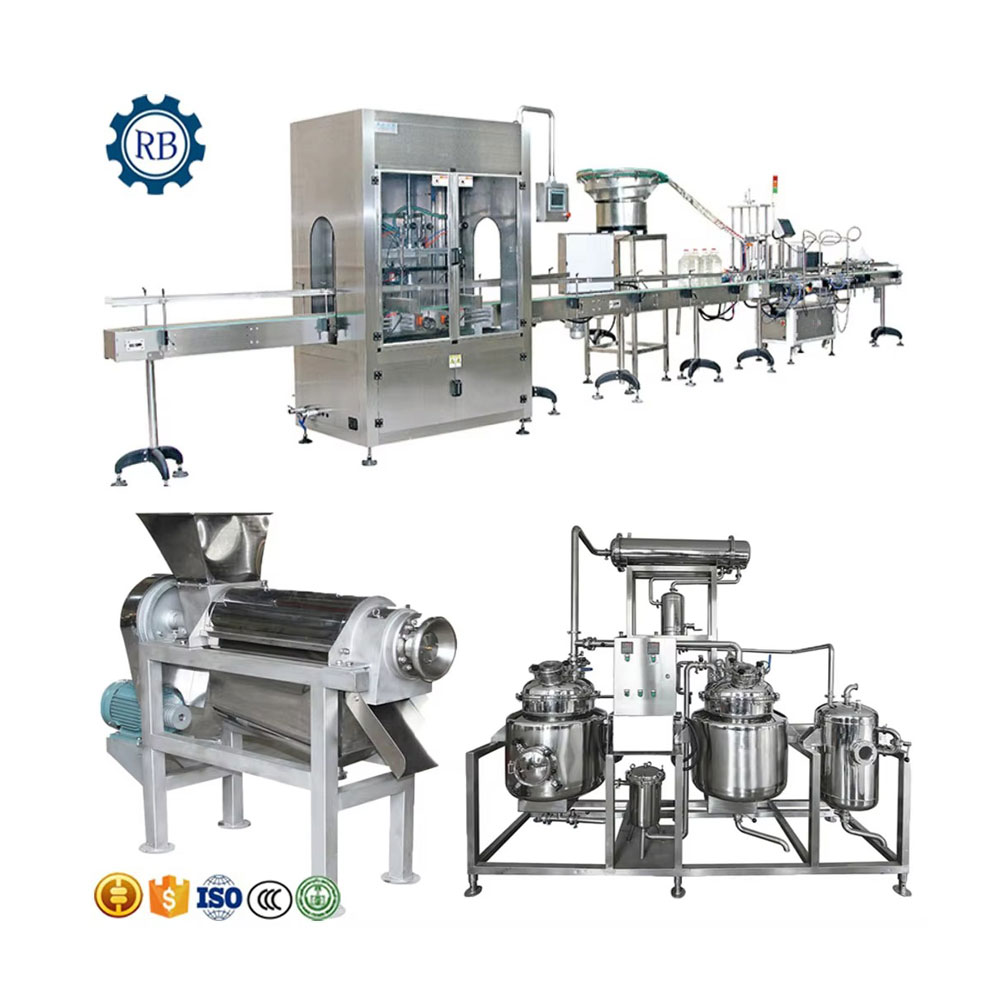 Tomato Sauce Machine
Tomato Sauce Machine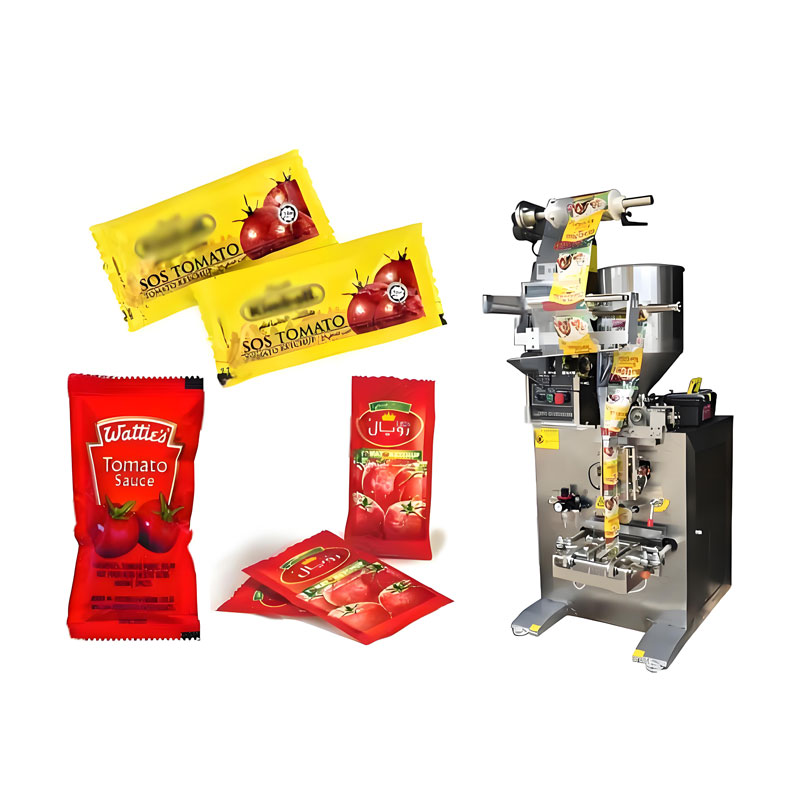 Tomato Sauce Packaging Machine
Tomato Sauce Packaging Machine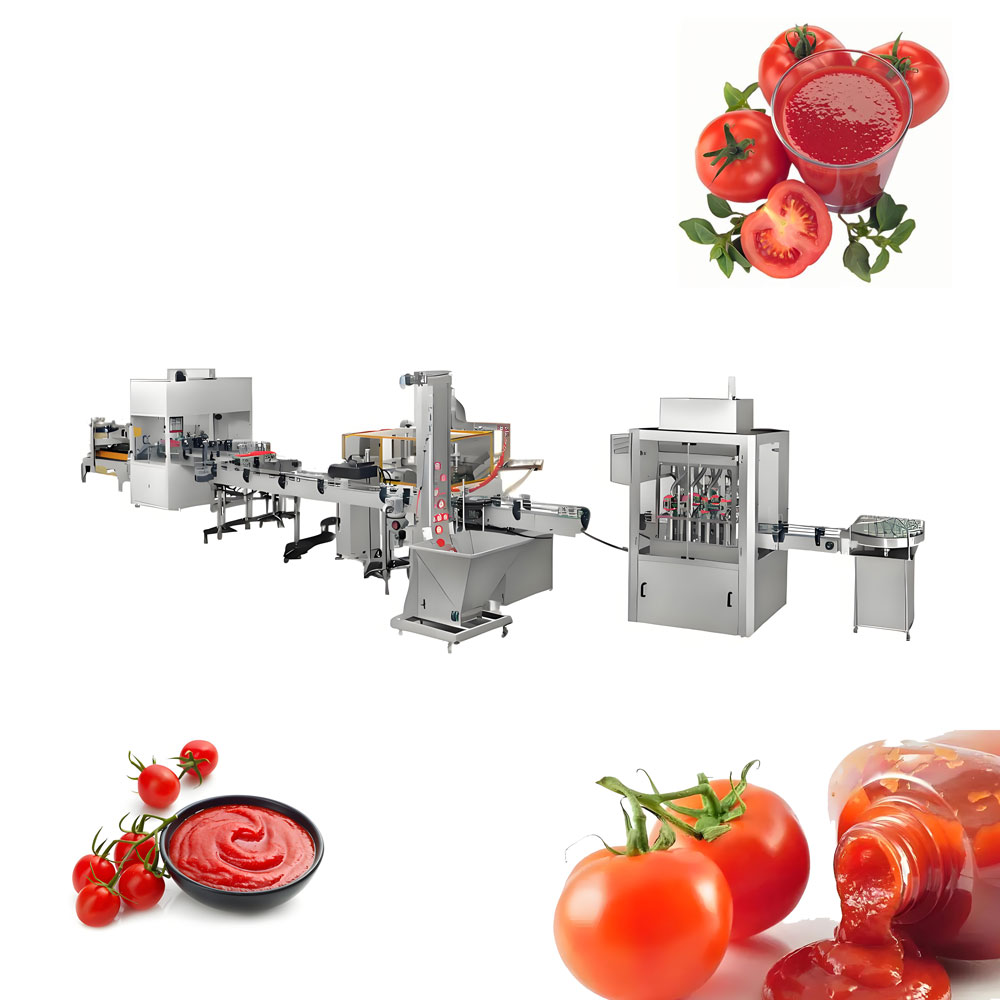 Tomato Ketchup Processing Line
Tomato Ketchup Processing Line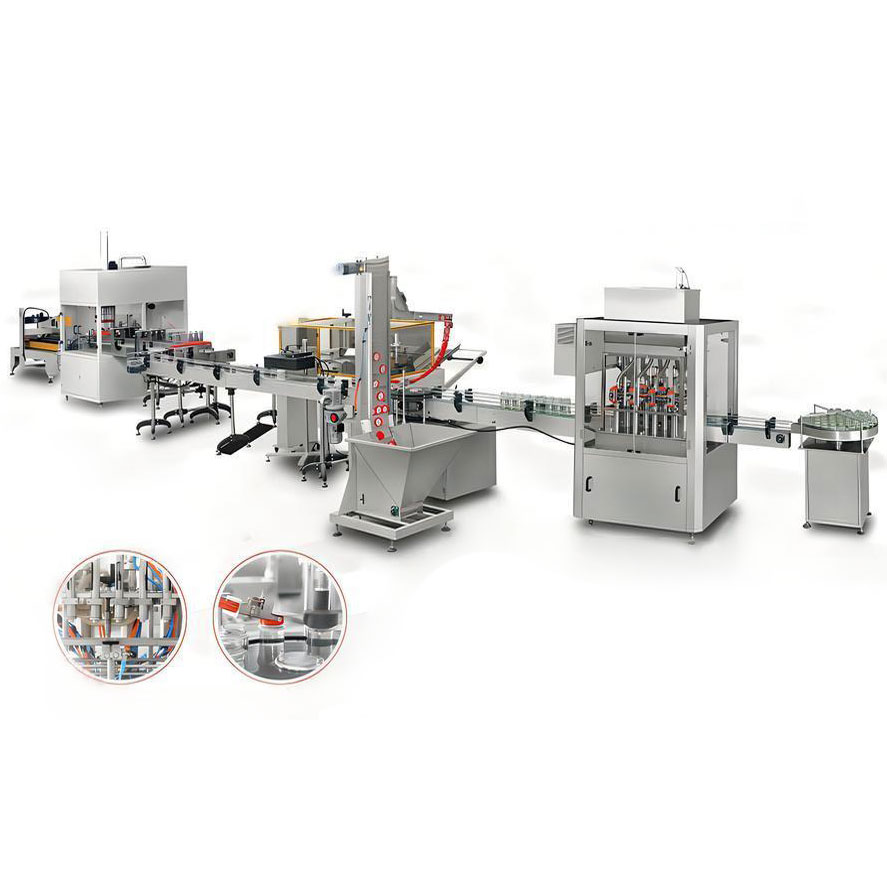 Tomato Paste Production Line
Tomato Paste Production Line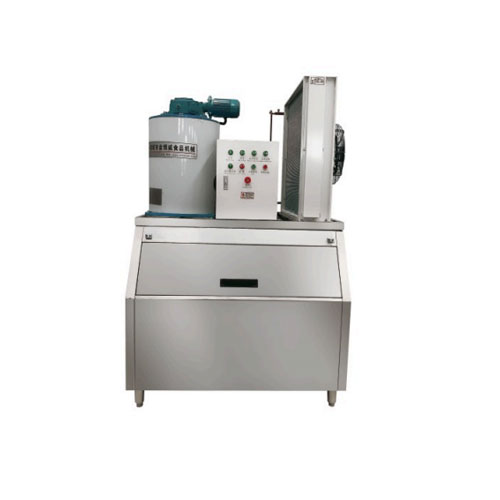 Flake Ice Machine
Flake Ice Machine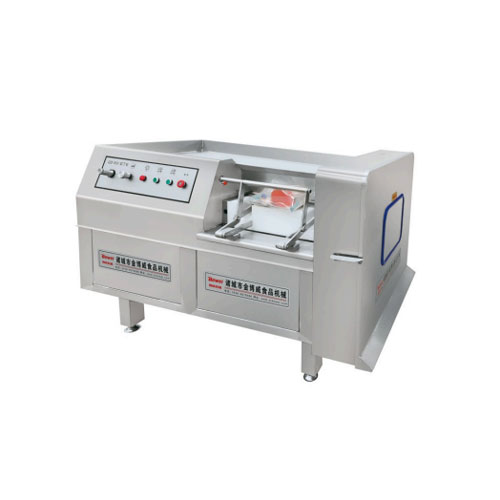 Meat Dicing Machine
Meat Dicing Machine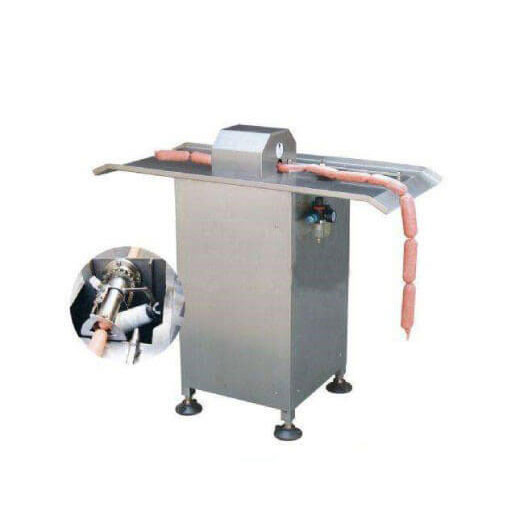 Sausage Tying Machine
Sausage Tying Machine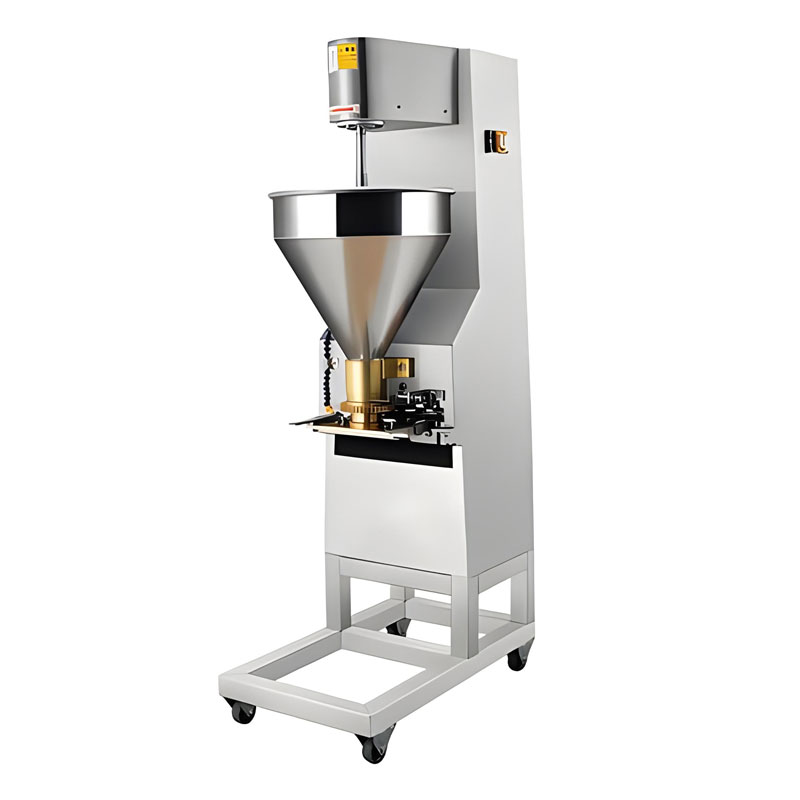 Meatball Forming Machine
Meatball Forming Machine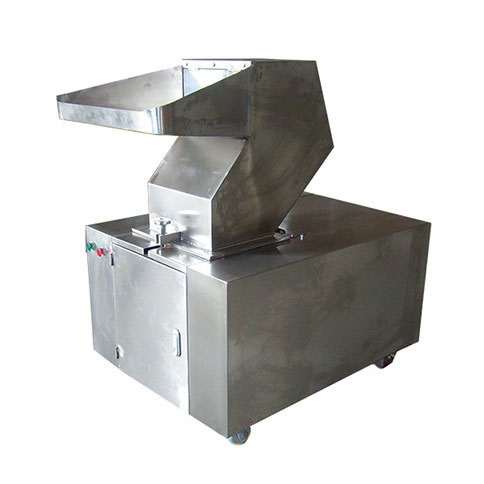 Bone Crusher Machine
Bone Crusher Machine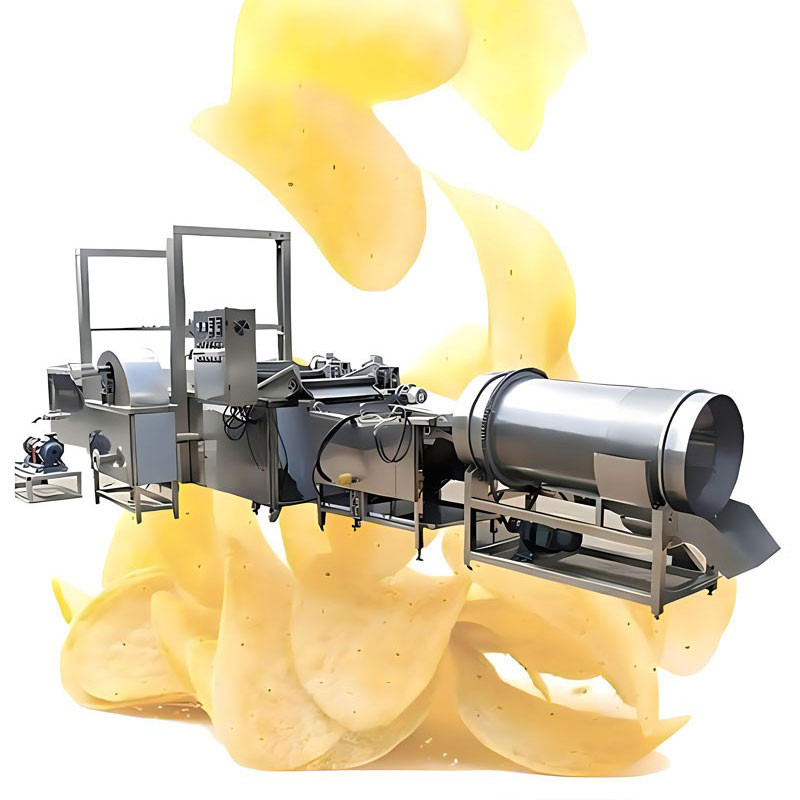 Fully Automatic Potato Chips Line
Fully Automatic Potato Chips Line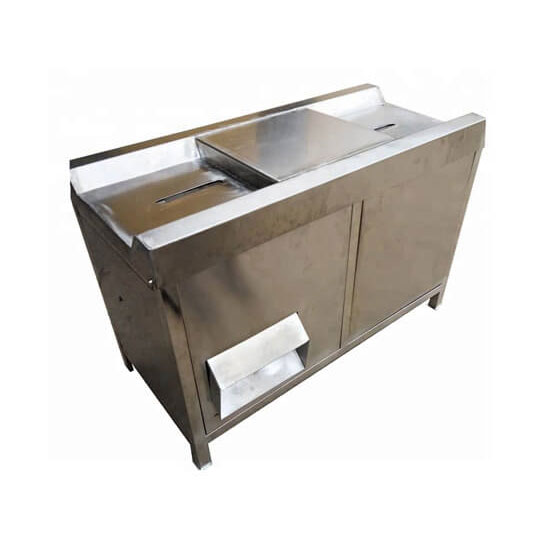 Gizzard Peeling Machine
Gizzard Peeling Machine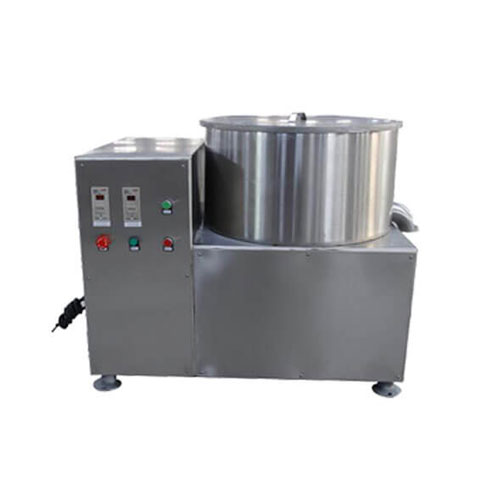 Centrifugal Dewatering Machine
Centrifugal Dewatering Machine